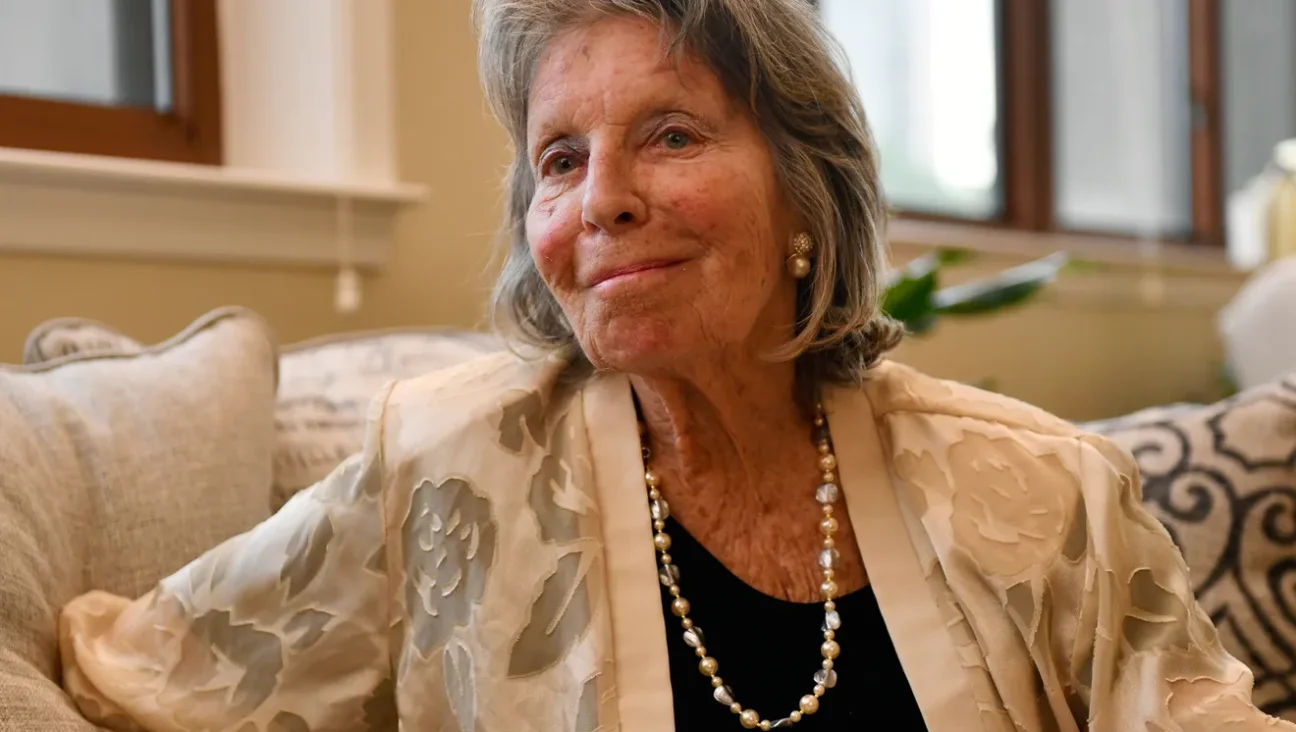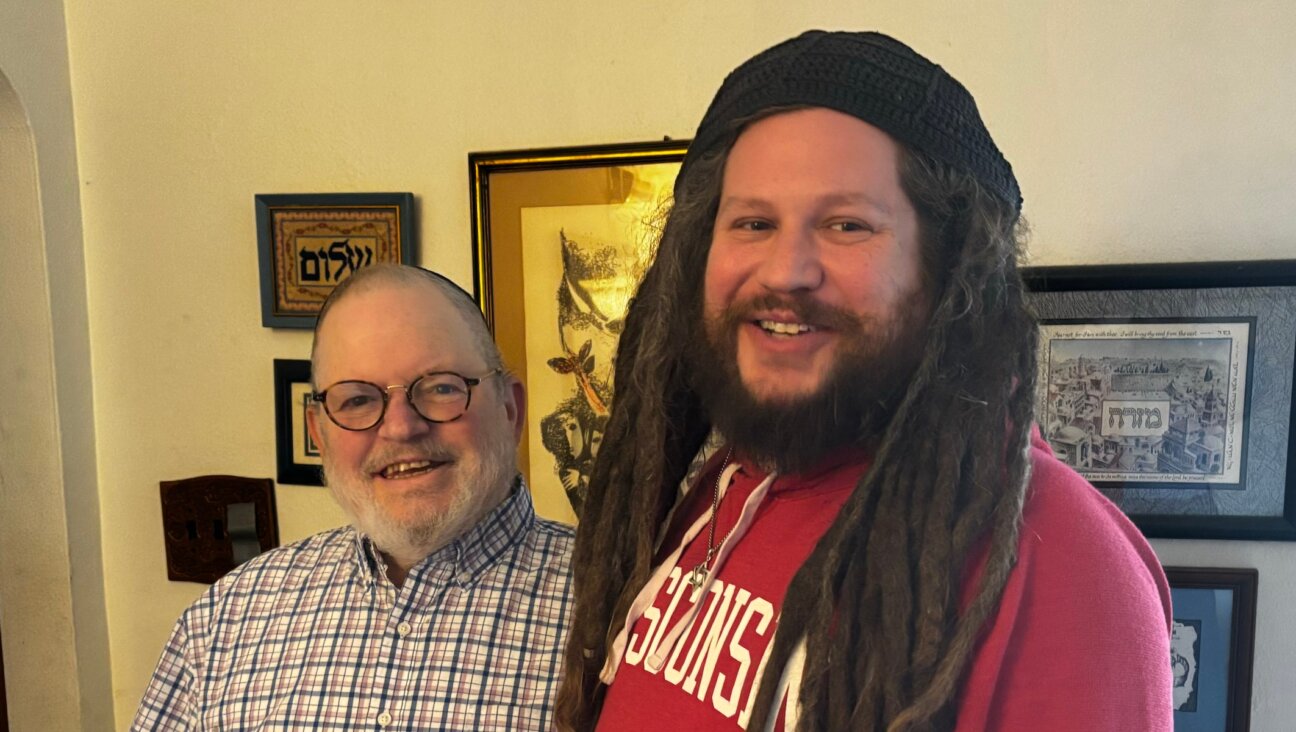Netanyahu Backs Concept of Demilitarized Palestinian State
Prime Minister Benjamin Netanyahu on Sunday called on Palestinian leaders to restart Middle East peace negotiations without preconditions, in a highly anticipated foreign policy address at Bar-Ilan University.
“I call on you, our Palestinian neighbors, and to the leadership of the Palestinian Authority: Let us begin peace negotiations immediately, without preconditions,” he said. “Israel is committed to international agreements and expects all the other parties to fulfill their obligations as well.”
In an apparent reversal of Israeli policy, Netanyahu also declared that he was prepared to see the creation of a Palestinian state, so long as the international community can guarantee that it not have any military capabilities.
“Israel cannot agree to a Palestinian state unless it gets guarantees it is demilitarized,” Netanyahu said. He also said that Jerusalem must remain the unified capital of Israel.
The address at Bar-Ilan came in the wake of the Obama administration’s insistence that Israel impose a complete freeze on West Bank settlement construction and recognize the two-state solution.
During the speech, Netanyahu vowed that Israel would not build any new settlements and would refrain from expanding existing Israeli communities in the West Bank. Still, he said the government must be allowed to accommodate natural growth in these settlements.
Netanyahu has until now been adamant that a settlement freeze is unfeasible and that he would concentrate on strengthening the Palestinian economy, rather than agreeing to their statehood.
The prime minister said he was prepared to meet with the leaders of neighboring Arab countries at any time, to promote regional peace and to gain their contribution to the Palestinian economy.
Netanyahu reiterated that Israel has no desire to control the Palestinian people, and declared that both nations should be able to live side by side in peace.
“We want both Israeli and Palestinian children to live without war,” Netanyahu said, but added: “We must ask ourselves — why has peace not yet arrived after 60 years?”
Israel would not accept any situation in which it was forced to exist beside a terrorist state. Every withdrawal from settlement territories would contribute to such terror, said Netanyahu.
The prime minister also said that Palestinians must accept Israel as a Jewish state, and attributed the root of the regional conflict to “even moderate” Palestinian elements’ refusal to do so.
“When Palestinians are ready to recognize Israel as a Jewish state, we will be ready for a true final settlement,” the prime minister said.
He emphasized that the Jewish people have been linked to the land of Israel for over 3,000 years and ruled out the option of granting Palestinians refugees the right to settle within Israeli borders.
Netanyahu said that Israel would not negotiate with terrorists who wish to destroy it, and said that Palestinians must choose between the path of peace and Hamas.
The prime minister opened his address by saying that he had formed his new government earlier this year with three major challenges facing Israel: the economic crisis, the Iranian threat, and the Middle East peace process.
He stressed that the greatest threat to the world today was the link between Islamist extremism and nuclear weapons.
Netanyahu, who until now had not endorsed U.S. President Barack Obama’s goal of Palestinian statehood, used this policy speech as an opportunity to reverse course and try to narrow a rare rift between Israel and its closest ally.
The prime minister met with Defense Minister Ehud Barak and President Shimon Peres over the weekend for consultations about his speech.
Peres and Barak reportedly pressed Netanyahu to announce in the speech his acceptance of the road map and willingness to recognize a Palestinian state with security limitations.
Palestinian President Mahmoud Abbas, himself at loggerheads with Hamas, has said talks with Israel cannot resume until Netanyahu halts settlement and accepts a two-state solution.
A message from our Publisher & CEO Rachel Fishman Feddersen

I hope you appreciated this article. Before you go, I’d like to ask you to please support the Forward’s award-winning, nonprofit journalism so that we can be prepared for whatever news 2025 brings.
At a time when other newsrooms are closing or cutting back, the Forward has removed its paywall and invested additional resources to report on the ground from Israel and around the U.S. on the impact of the war, rising antisemitism and polarized discourse.
Readers like you make it all possible. Support our work by becoming a Forward Member and connect with our journalism and your community.
— Rachel Fishman Feddersen, Publisher and CEO























